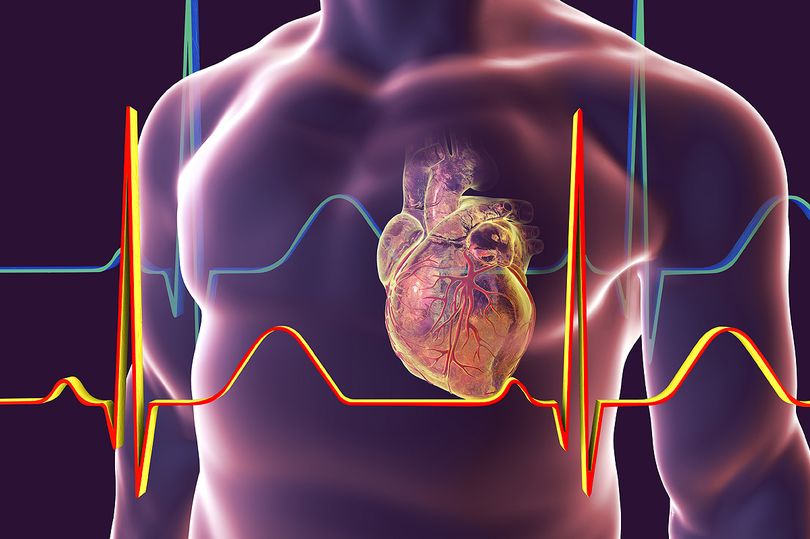Covid-19 is turning out to be a more complicated illness than we first thought – and not just a disease of the respiratory system and lungs. We’re also realising it can affect several of our major organs, including the kidneys where it can do serious damage.
It’s not widely known that a quarter of patients needing ventilators to treat coronavirus also need artificial kidneys to support their deteriorating renal function.
But the kidneys aren’t the only major organs affected by severe Covid illness. A new National Institute for Health and Care Excellence guideline says doctors treating patients with known or suspected Covid-19 should be vigilant in looking for signs of acute myocardial injury, in other words, signs of a heart attack reports Ingrid Torjesen in the BMJ.
Symptoms of an acute heart attack include chest pain, heart palpitations, massive tiredness and a shortness of breath. These symptoms are similar to the respiratory complications of Covid-19 so a heart attack might be missed. It’s crucial to check for one by investigating these symptoms.
A heart attack was seen in almost one in 10 of all patients who died with Covid-19 in Italian hospitals, NICE pointed out. Its new guideline is aimed at helping healthcare professionals, who aren’t specialists in cardiology, identify, monitor and manage patients with Covid-19 and heart problems.
NICE recommends testing for levels of markers of heart injury and inflammation present in the blood of patients with cardiac injury. Electrocardiography (ECG) can identify patients with a suspected heart attack. These patients should be frequently monitored to identify cardiac or respiratory deterioration.
If a heart attack is suspected help from a cardiologist should be sought. When there isn’t a clear diagnosis of a heart attack then tests for cardiac markers and ECG should be repeated daily in patients for whom suspicion persists.
If the virus invades the heart muscle then myocarditis (inflammation of the heart muscle) and heart failure are possibilities.
Graham Lipkin, nephrology consultant and President of the Renal Association, has explained that Covid-19 patients may develop acute kidney injury (AKI) for many reasons. One is that they are often dangerously dehydrated by the time they arrive at hospital.
We’re also learning that Covid can invade the kidneys, interfering with their crucial task of getting rid of waste and may, in turn, lead to kidney failure.
Then again severe Covid-19 may cause a “cytokine storm” when the body is overtaken by widespread inflammation throughout all our organs. The kidneys often fall prey to this inflammation.
Covid-19 is very complicated.

